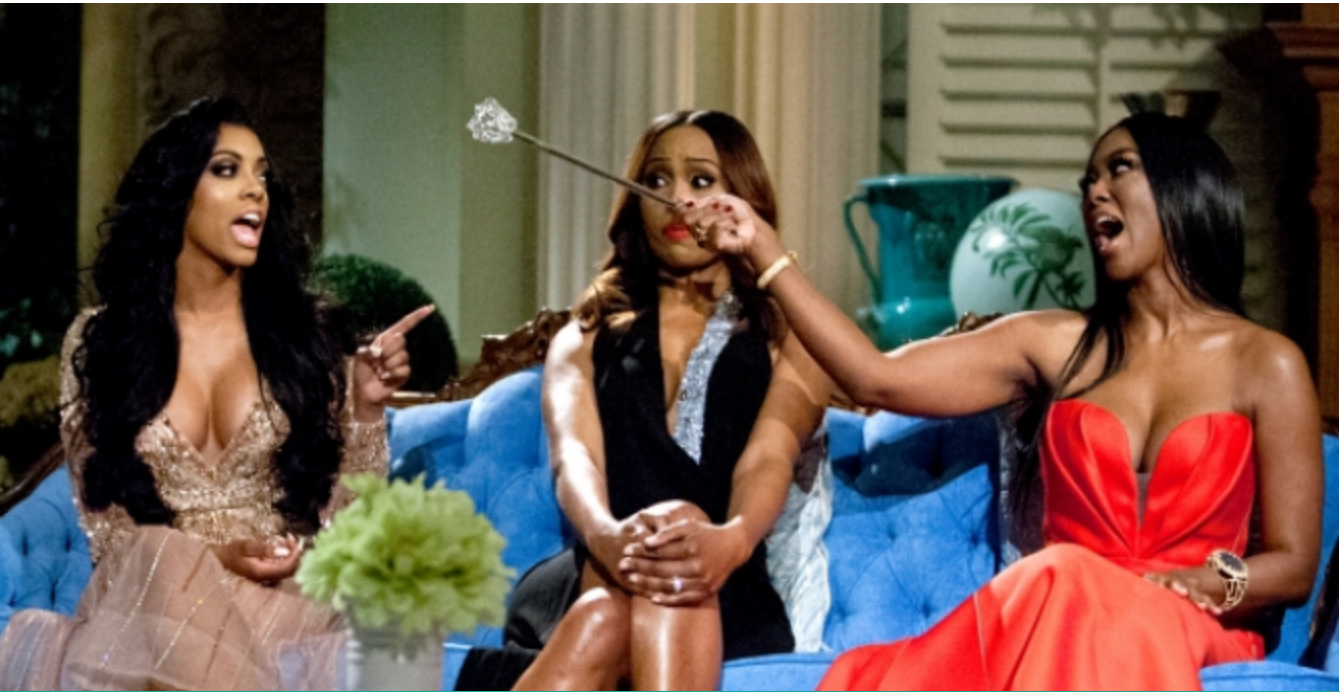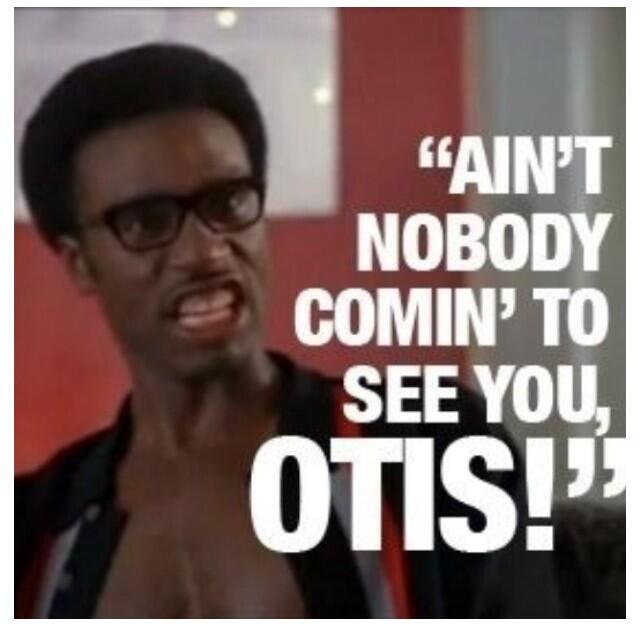It’s the single’s girl most hated question. It’s usually asked as a sort of a backhanded compliment, a way to acknowledge that the person asking acknowledges her awesomeness and is stumped as to why she hasn’t paired off. But it often comes across as a sideways accusation that sounds like, “You seem normal, you look attractive. What’s wrong with you that I’m unable to detect at first glance?” It leaves a woman either debating whether to unload her life story in a stumbling rant or repressing the urge to start screaming with rage.
It seems that the tables are turning and men are starting to bear the burden of this question, too. It’s—honestly?—kind of nice to know that the guys are getting a taste of the bitter medicine so often served to women. It holds the promise that since they are beginning to know how intrusive and belittling that question is, maybe they’ll stop asking and find a better way to acknowledge a woman’s awesomeness. (Hint: “I think you’re awesome”—period—will work fine.)
Apparently writer Terrell Jermaine Starr has been on the receiving end of the “Why are you single?” question enough times himself. In the essay “Well-Traveled, Intelligent Black Man, 34, Seeks ‘Sista’ OK With Him Making Less Money,” written for The Root, Starr—who sounds like a pretty interesting guy (yes, I looked up his picture; he’s attractive)—laid out his complicated story: “[M]y income isn’t as high as many would expect, and it makes me feel insecure about how women may view my current professional station in life.”
I applaud his honesty about his perceived shortcomings. I wish he had stopped there. Or, at least, continued to explore that thought. Our culture judges a man’s worth less by who he is and more by what he earns. It’s oppressive to men in a similar way that it’s oppressive to women that culturally, we judge them solely by their looks and ignore everything else they bring to the table. I wish Starr had gone more in the direction of exploring his own issues instead of blaming women—and reaching far to do so.
In addition to his own insecurity about his finances, Starr relies on the go-to argument for why he’s single: by blaming black women’s professional success. He speaks of his circle of six-figure-earning friends and their perceived reluctance to date a man who, at 34, is just getting his résumé together (despite the informal poll he took on Twitter, where most women said otherwise). I respect his perspective, but from mine as a dating and relationship coach, it just doesn’t add up.
To start: Where are all these six-figure-earning people coming from? An individual earning $100,000 or more outearns 92.6 percent of Americans, according to a 2012 analysis released by the Social Security Administration. In fact, just 20 percent of American households bring in $100,000 or more in income. Six-figure earners of any race are an extraordinary minority, and while they absolutely exist among black women, they are an even smaller percentage than in the population at large.
Just from Starr’s essay, it sounds as though one of the compelling reasons he is single—in addition to his insecurity, which is the prominent reason—is that he is limiting his dating prospects to outliers, all of whom he perceives as finding him undesirable. That’s simply not the case for every high-earning woman.
There are definitely women in that group who want a man who is their financial equal or better. I respect their preference. But there are also plenty of women in that group who want a man who loves them hard, communicates well and keeps the bed warm (or hot!) at night. Those are the women I hear more from in my line of work.
Not that this would address the core issue of Starr’s insecurity—that’s an inside job best managed between him and his therapist—but perhaps he would be better-suited dating women who are more aligned with where he is financially. Surely there are fellow writers and editors, social workers, nurses, teachers, etc., that would be happy to combine salaries with him or have a man who brings more to the financial table than they do.
Maybe he might be best-served not to focus so much on the salaries of women he encounters but, rather, to seek a like-minded woman who shares his passion for writing, travel, languages and education. (Yes, such women exist, and yes, among black women.) I wish him the best in finding her.
Read Original story: here





